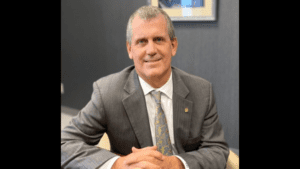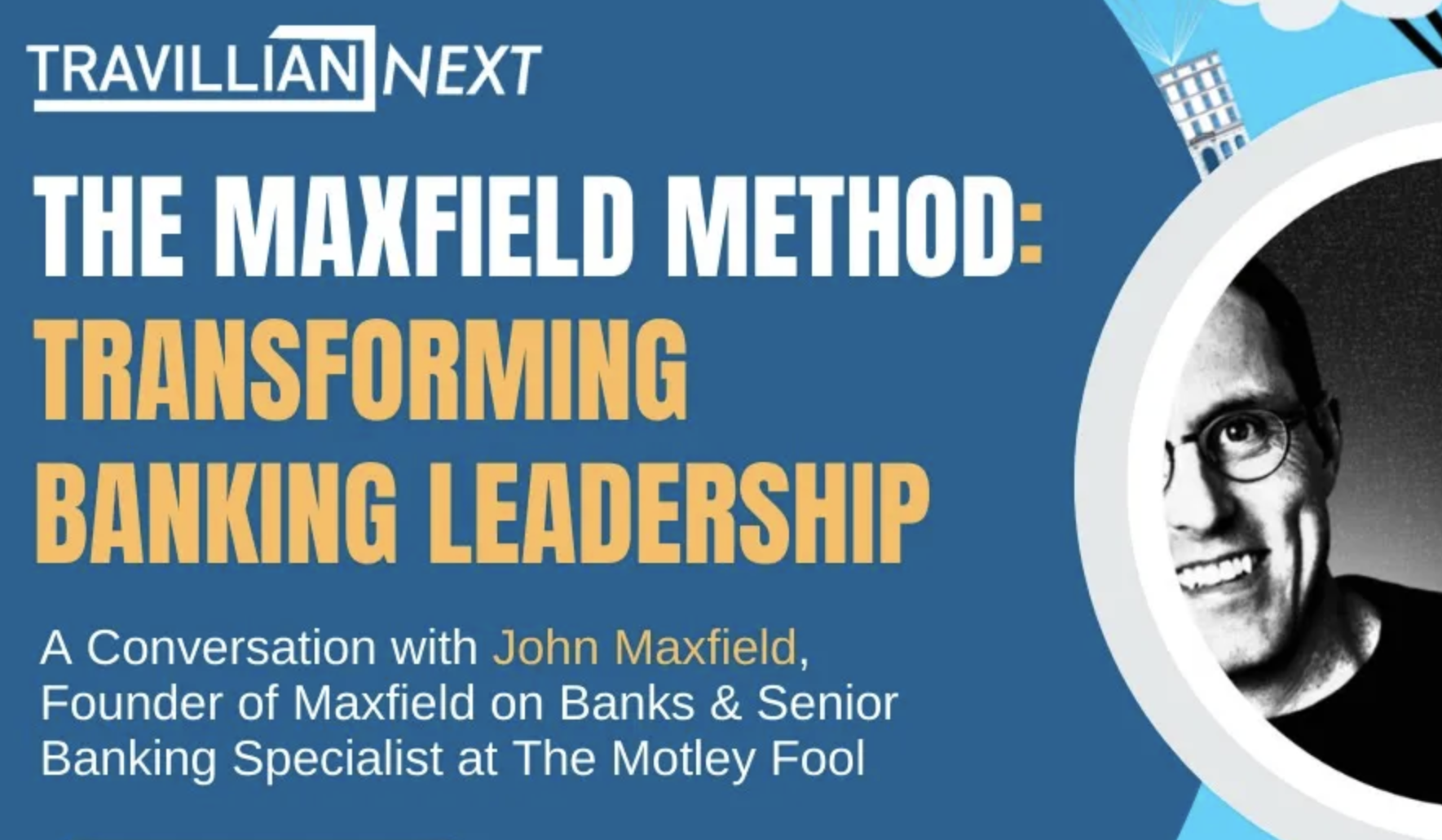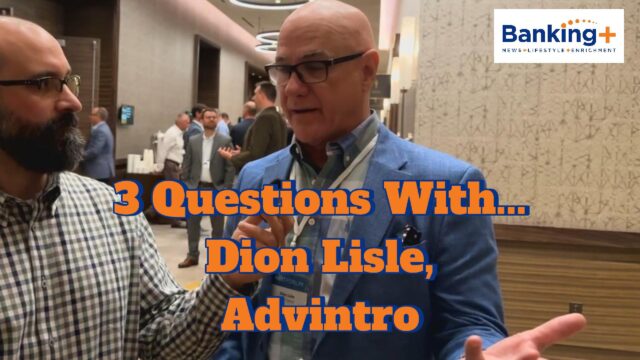Jim Donnelly‘s path to becoming President/CEO of Wayne Bank, Honesdale, Pa., began far from the traditional financial centers. Born and raised in Brooklyn, Donnelly didn’t grow up in a family steeped in banking. His father worked as a deckhand on the Staten Island Ferry, and his mother was a law firm bookkeeper.
Nonetheless, the seeds of his future career were subtly planted. “We had math and business in the household,” Donnelly recalls. Although absent any familial bankers, the business-oriented environment influenced him, eventually guiding him toward a successful career in finance.
A Unique Blend of Politics and Business
After moving to Northern Maine, he found work at a car dealership. He simultaneously served in the Maine state legislature, a unique experience that later proved invaluable in his banking career.
“I was 23 when I got elected. I was the youngest in the state legislature that year—one of the youngest in the country,” Donnelly says. This early exposure to public policy and business gave him a distinctive perspective when he transitioned into banking.
His first role was as a management trainee at KeyBank, where he quickly developed a passion for commercial lending.
The Value of Political Experience in Banking
Donnelly’s background in politics provided him with unique insights that have proven beneficial throughout his banking career. Serving in the Maine state legislature while working at KeyBank allowed him to develop a keen understanding of public policy, which he often applied in his banking roles.
“In my banking career, it gave me a different conversation with business leaders,” he says. This dual expertise enabled him to navigate complex financial landscapes with a nuanced perspective that few bankers possess.
He also acknowledges the importance of negotiation and understanding the goals of others in both politics and banking. “You develop different skill sets: reading a room, reading body language, being thoughtful on what the goals of the other side are,” Donnelly explains. These skills have been crucial in his efforts to lead his teams and make decisions that benefit both his bank and its customers.
A Banking Career Defined by Growth and Success
A Rising Star in the Banking Industry
Donnelly’s rise through the banking ranks was marked by a series of increasingly responsible positions. He started as a branch manager in a small town on the Canadian border, where he found his calling in commercial lending. “I enjoyed the commercial lending piece of that job the most,” he explains. His success in that role led to larger responsibilities, eventually covering a geography the size of Connecticut and Rhode Island combined.
Overcoming Challenges and Embracing Opportunities
Over the years, Donnelly moved into various leadership roles at different banks, including KeyBank, Machias Savings Bank, and Bangor Savings. At each step, he embraced the challenges of overseeing larger and more complex operations. “In small banks, that’s where you learn a lot about banking,” Donnelly notes.
Reflecting on a Successful Banking Career
Today, as the leader of Wayne Bank and Norwood Financial Corp., Donnelly reflects on his journey with a deep appreciation for the opportunities and challenges he’s faced. “It’s been a wild time to be in banking, with interest rate changes, bank failures on the West Coast, and the remnants of COVID. I have a great team [working in] great communities, so I feel really fortunate to have landed here,” he says.
Mentorship: A Vital Role in Today’s Banking Industry
One of Donnelly’s passions is mentoring the next generation of bankers, a role he believes is more important now than ever. “With all the ups and downs that the industry has seen over the past five years, this sort of mentorship—which used to happen organically—has fallen away in our digital world,” he observes. Donnelly sees a real need for structured mentorship programs to help young professionals navigate the complexities of modern banking.
Advice for Aspiring Bankers
His advice to fledgling bankers is straightforward: stay curious and committed to learning. “You’ve got to stay committed to your education on what’s going on. You’ve got to be hands-on in trying new products and services,” he advises. Donnelly emphasizes the importance of adaptability in a rapidly changing industry, noting that a rigid approach is a surefire way to become obsolete.
The Future of Community Banking: Balancing Innovation with Tradition
Donnelly is acutely aware of the challenges facing community banks in an era of rapid technological change. He believes that while innovation is essential, it should never come at the expense of the personal touch that defines community banking. “Try to always put the customer at the center of the room and ask, How can we remove friction from their lives? How can we improve their life?” Donnelly says.
He often reflects on a quotation from Jim Marous of The Financial Brand: “We’ve never seen the rate of change be so fast before. And it’ll never be this slow again.” This quote drives Donnelly’s sense of urgency in ensuring his bank remains relevant and responsive to customer needs.
A Positive Outlook for Community Banking’s Future
As Donnelly looks to the future, he remains optimistic about the role community banks can play in supporting local economies and helping customers achieve their financial goals. His leadership philosophy is rooted in patience, collaboration, and a commitment to continuous learning.
“If we want to take the bank and our employees further in their careers, we’ve got to slow down a little bit and let everybody get their heads around [the changes],” he concludes.



















